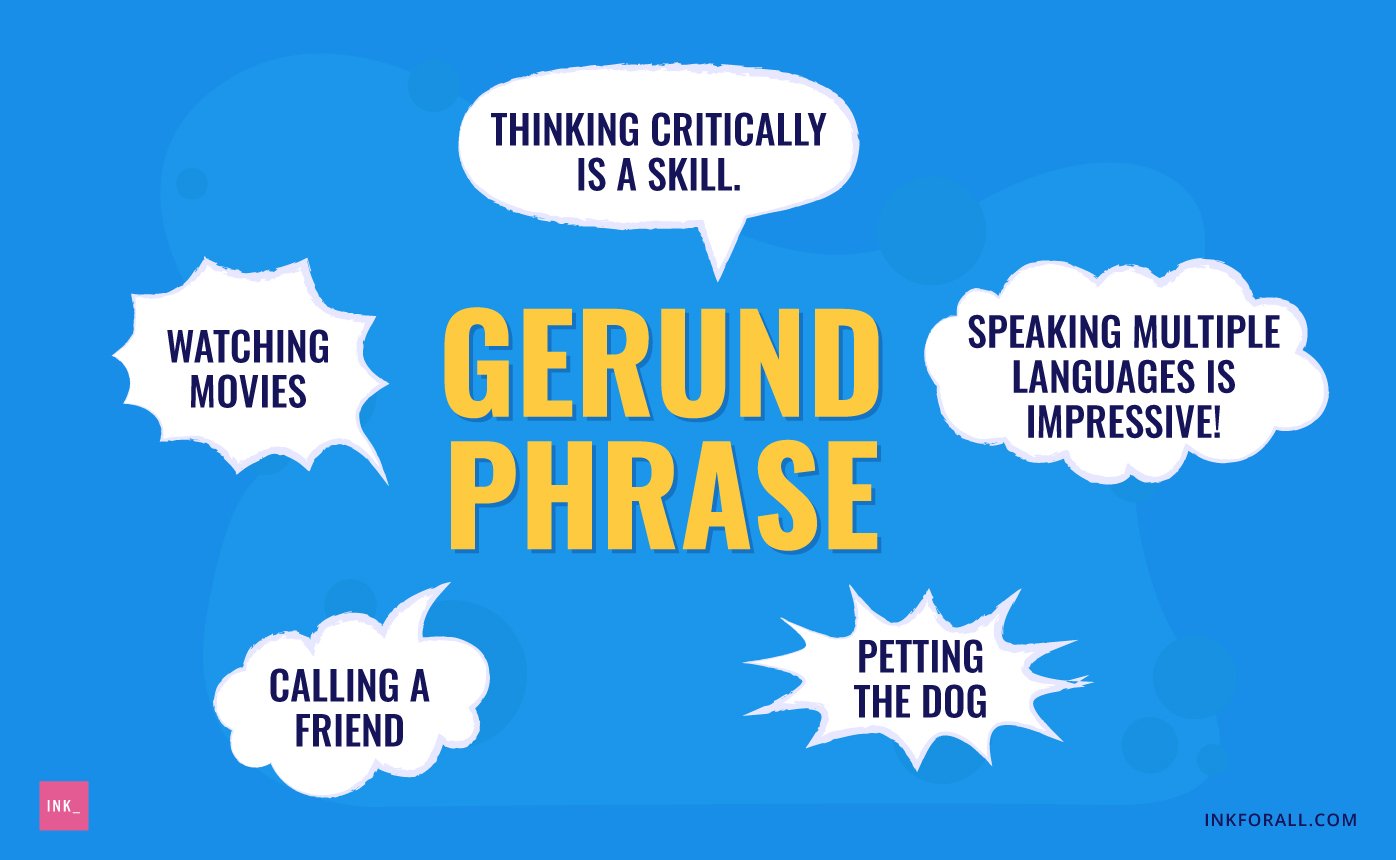Historical Context: Iranian Israeli

The Iranian-Israeli conflict is a complex and multifaceted issue with deep historical roots. It is a product of a long-standing rivalry, shaped by religious, political, and territorial disputes. This conflict has been characterized by periods of hostility and occasional attempts at diplomacy.
The Genesis of Conflict
The roots of the conflict can be traced back to the early 20th century, during the British Mandate for Palestine. At that time, both Iran and Israel were emerging as independent nations. The establishment of Israel in 1948, following the Arab-Israeli War, marked a turning point in the relationship between the two countries. Iran, under the leadership of Mohammad Reza Pahlavi, initially maintained a neutral stance towards Israel, but the relationship soured in the aftermath of the 1967 Six-Day War.
Political and Diplomatic Relations

Iran and Israel have been locked in a complex and often hostile relationship since the establishment of the State of Israel in 1948. This relationship has been characterized by a lack of diplomatic ties, mutual mistrust, and numerous conflicts.
Current State of Diplomatic Relations
Iran and Israel do not have formal diplomatic relations. The two countries have no embassies or consulates in each other’s territories, and there is no official communication between their governments. The absence of diplomatic relations is a reflection of the deep animosity and mistrust that exists between the two countries.
Impact of the Iranian Nuclear Program, Iranian israeli
The Iranian nuclear program has been a major source of tension between Iran and Israel. Israel has long viewed Iran’s nuclear ambitions as a threat to its security, and has repeatedly threatened to take military action to prevent Iran from developing nuclear weapons. The Joint Comprehensive Plan of Action (JCPOA), a 2015 agreement between Iran and six world powers, was designed to curb Iran’s nuclear program in exchange for the lifting of international sanctions. However, the United States withdrew from the JCPOA in 2018, and has since reimposed sanctions on Iran. This has further strained relations between Iran and Israel, as Israel has been a vocal supporter of the US withdrawal from the JCPOA.
Role of Regional Alliances and International Organizations
Regional alliances and international organizations have played a significant role in shaping the relationship between Iran and Israel. Iran is a member of the Organization of the Islamic Cooperation (OIC), which has been critical of Israel’s policies towards Palestinians. Israel is a close ally of the United States, which has often been a mediator in the Middle East peace process. The United Nations has also played a role in trying to resolve the Israeli-Palestinian conflict, although its efforts have often been hampered by the deep divisions between Iran and Israel.
Security and Military Issues

The relationship between Iran and Israel is deeply intertwined with security concerns and military capabilities. Both nations possess significant military forces, and the potential for conflict remains a constant source of tension in the region. This section will examine the military capabilities of Iran and Israel, explore the potential for military confrontation, and analyze the consequences of a hypothetical conflict.
Military Capabilities
Iran and Israel have distinct military strengths and weaknesses. Iran boasts a large and diverse military force, including a substantial ground force, a significant air force, and a growing naval presence. Israel, on the other hand, possesses a technologically advanced and highly trained military, with a strong emphasis on air power and intelligence capabilities.
- Iran: Iran’s military is characterized by its size and its focus on conventional warfare. It possesses a large standing army, a significant number of ballistic missiles, and a growing navy. Iran has also invested in developing a domestic arms industry, which has allowed it to reduce its reliance on foreign suppliers.
- Israel: Israel’s military is known for its technological sophistication and its highly trained personnel. It has a strong air force, a technologically advanced navy, and a highly effective intelligence network. Israel also has a strong tradition of military innovation, which has led to the development of advanced weapons systems.
Potential for Military Conflict
The potential for military conflict between Iran and Israel is a complex and multifaceted issue. While both countries have expressed a desire to avoid direct confrontation, the ongoing tensions in the region, coupled with the perceived threat posed by each other, have raised concerns about the possibility of escalation.
- Proxy Wars: Both Iran and Israel have engaged in proxy wars in the region, supporting different factions in conflicts like the Syrian Civil War and the Yemen War. This dynamic has the potential to escalate into a direct confrontation.
- Cyber Warfare: Cyberattacks have become an increasingly common tactic in international conflicts, and both Iran and Israel have been accused of engaging in cyber warfare against each other. These attacks can target critical infrastructure, disrupt government operations, and spread disinformation.
Hypothetical Scenario of a Military Confrontation
A hypothetical scenario of a military confrontation between Iran and Israel could have significant regional and global consequences. A full-scale war would likely involve air strikes, missile attacks, and ground battles, with the potential for widespread destruction and civilian casualties.
- Possible Outcomes:
- Regional Instability: A conflict between Iran and Israel could trigger a regional conflagration, involving other regional powers like Saudi Arabia and Turkey. This could lead to widespread instability and humanitarian crises.
- Global Implications: A war between Iran and Israel could have global implications, potentially affecting oil prices, global trade, and the stability of the Middle East.
- Nuclear Threat: While neither country has officially threatened to use nuclear weapons, the possibility of escalation to nuclear war remains a serious concern.
Iranian israeli – The complexities of the Iranian-Israeli relationship are a constant source of tension and intrigue, mirroring the intricate interplay of power dynamics and historical grievances. Finding a common ground feels as elusive as searching for the perfect modern study table and chair – a blend of functionality, aesthetics, and comfort that satisfies every need.
Yet, just as the design of a study table reflects the individual’s personality and aspirations, so too does the pursuit of diplomacy require a nuanced understanding of the unique perspectives and anxieties of each party involved.
The complex relationship between Iran and Israel is a source of constant tension and worry for many, especially in light of the ongoing nuclear negotiations. It’s a reminder that even in a globalized world, regional conflicts can have far-reaching consequences.
The recent visit of Minnesota Governor Tim Walz to Israel, focused on promoting trade and technological collaboration, highlights the need for finding common ground amidst such complex geopolitical landscapes. Finding solutions to the Iranian-Israeli conflict requires a delicate balance of diplomacy and understanding, and it’s a challenge that requires the attention of world leaders.
